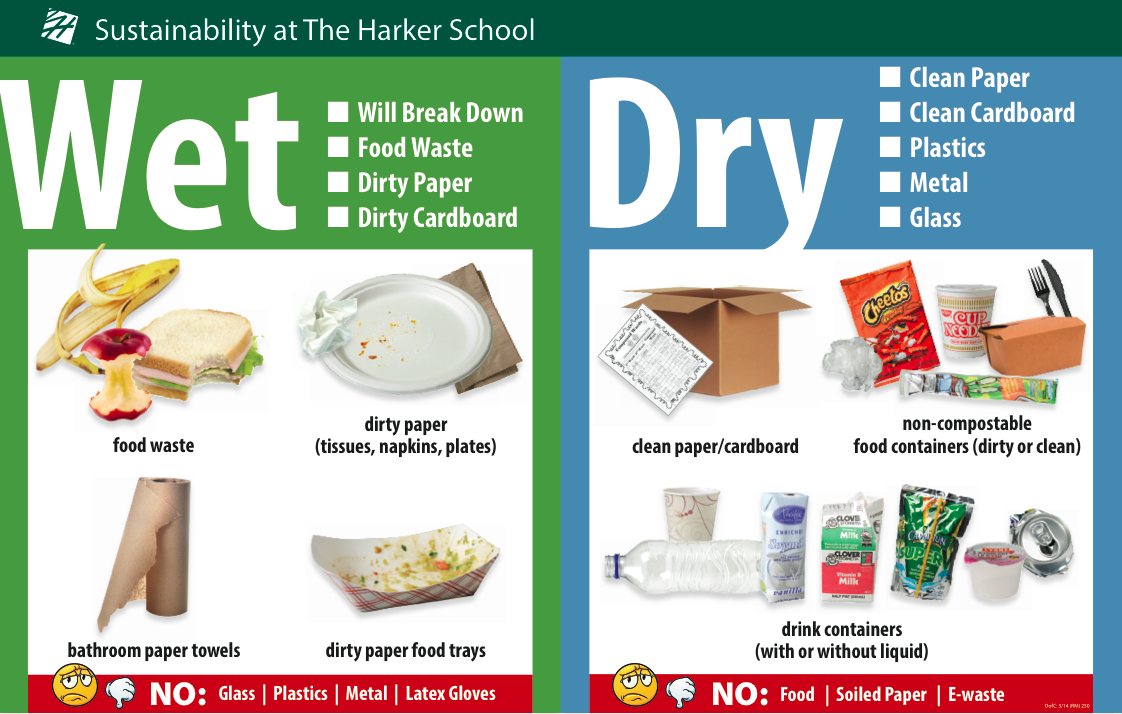


As these advancements become more common, waste management will continue to become more sustainable. Raising public and community awareness: communication and education are essential.Įngaging the public at large and providing the necessary feedback on the success (or not) of these separate collection and diversion programmes and what it means in terms of environmental quality or monetary savings are instrumental.Technology provides better ways to gather, sort and use waste, and new tools and methods are always emerging. There are systems for the separate collection of organic waste, paper and cardboard, plastics and glass.įurthermore, every municipality must have a location where people can sort and dispose of their waste: the public amenity centre.

Instruments like landfill tax and volume-based waste fee systems help achieve the shift towards less landfilling and more recovery and recycling of waste.Ī good and approachable collecting system is a good instrument. An advanced waste tracking and monitoring system has been developed to support enforcement. Without enforcement, waste management simply does not work. Use of various instruments to stimulate prevention and recycling the introduction of landfill bans and landfill tax levies. Instruments for promoting producer responsibility are generally used in combination with other instruments, e.g. This responsibility can be agreed upon voluntarily (and where desired supported by the Minister responsible for a universally binding agreement on a waste management fee) or through legislation. Extended producer responsibility (EPR)Įxtended producer responsibility means that producers or importers are responsible, or share responsibility, for the management of the products that they have or will put on the market when these products are discarded. However, cooperation between the different tiers of government still exists for defining policies, implementation and enforcement. The Council no longer exists its work ended in 2006 because all its targets had been met and waste was no longer an important item on the political agenda. The Council was established on the basis of a voluntary agreement between the three tiers of government (national, provincial and local) to achieve a joint and coherent approach for the waste management challenge. The realisation that cooperation is necessary for effective waste management resulted in the establishment of the Waste Management Council in 1990. Planning at national level (in close cooperation with local governments) a ban on landfill for 35 waste-streams (basically all waste streams suitable for recovery or incineration are not allowed on landfills) 3.quality standards for organic fertilizers (from bio-waste).standards for the quality of secondary materials derived from waste (building materials).standards for soil protection from landfilling.In order to reduce the environmental pressure arising from waste management, stringent standards were introduced. Reduce, reuse, and recycle: the order of preference has been the guiding principle from the start and is as follows: This approach is known as 'the order of preference'. Landfilling is only allowed for waste streams for which no recovery or incineration is possible. The Dutch approach is to avoid creating waste as much as possible, recover usable and valuable raw materials and generate energy by incinerating residual waste. Use of various (economic) instruments to stimulate prevention and recycling 1.Order of preference for waste management (waste hierarchy).The main 5 elements that helped to achieve these results are:


 0 kommentar(er)
0 kommentar(er)
